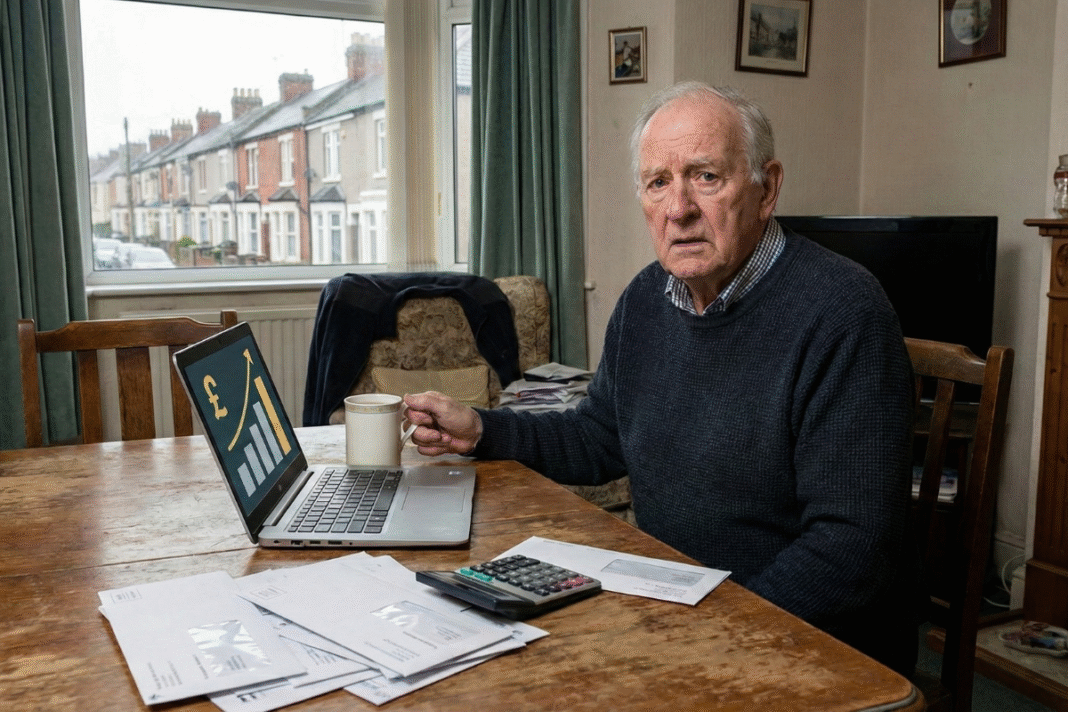The UK’s appeal as a destination for global commercial real estate investment is being undermined by political uncertainty, regulatory pressure and the higher-for-longer interest rate environment, according to new analysis from Investec Real Estate.
Its latest Future Living survey – covering 50 institutional investors with more than £300 billion under management – highlights weakening sentiment ahead of the Autumn Budget.
Three-quarters of respondents said political instability had eroded confidence in the UK commercial real estate market, while 60% warned the country risks losing competitiveness internationally unless interest rates fall more quickly.
The findings come amid persistent concerns over muted economic growth and a slowdown in new housing delivery.
REGULATORY UNCERTAINTY
Regulation has emerged as a significant drag on investment appetite. The Building Safety Act (BSA), introduced following the Grenfell Tower fire, was cited as having a negative impact on real estate strategies by 92% of investors.
Higher compliance costs, heavier administrative demands and longer project timelines were the most frequently cited challenges.
Nearly half of all respondents now describe regulatory uncertainty as a barrier to investing in non-owner-occupied residential property – almost double the level recorded in 2023.
STRATEGY ADJUSTMENT
As a result, three-quarters of global investors have adjusted their real estate strategies, with almost half shifting away from new development and prioritising refurbishment or repositioning of existing stock.
Planning was also identified as a growing obstacle, flagged by 56% of respondents compared with 37% last year.
Despite the headwinds, the long-term outlook for the UK Living sector – spanning build-to-rent, student accommodation and later living – remains resilient.
Eighty-four per cent of investors expect to maintain or increase their allocations over the next five years, buoyed by favourable demographic trends and structurally undersupplied housing.
The survey also indicates a gradual improvement in financing conditions, with only 22% now viewing access to finance as a barrier, down from 45% in 2023. Construction cost inflation and elevated borrowing costs remain the most significant challenges.
2026 RECOVERY

But Jonathan Long, Head of Corporate Real Estate Lending at Investec, says: “With several of the headwinds viewed as near-term only, and the fundamentals of the UK Living sector – compelling long-term demographic demand and a chronic shortage of high-quality, purpose-built homes – remaining strong, investors are continuing to look through the noise and are positioning themselves for a recovery in 2026.
“This resilience has been a consistent theme across the previous editions of our three Future Living reports, which were published during some of the most turbulent market conditions in recent memory.









